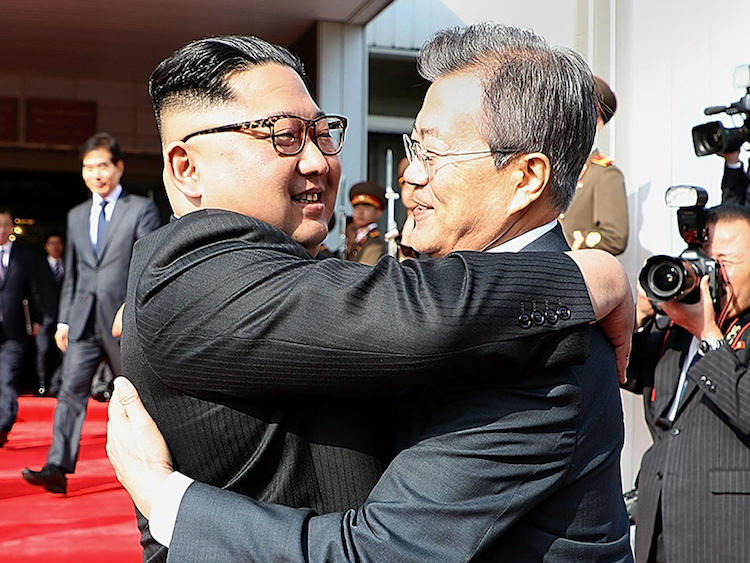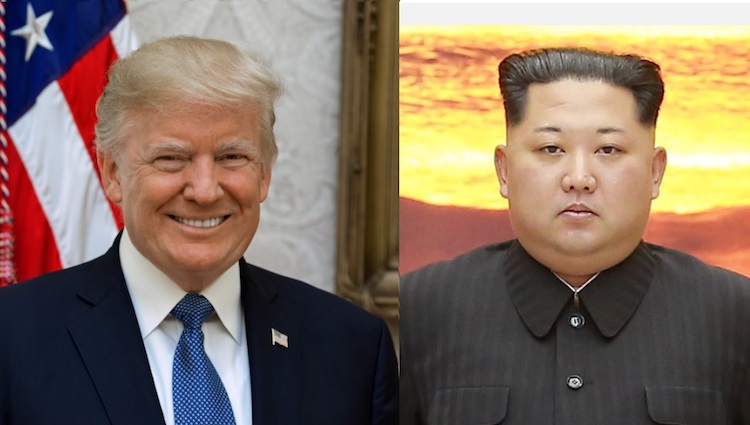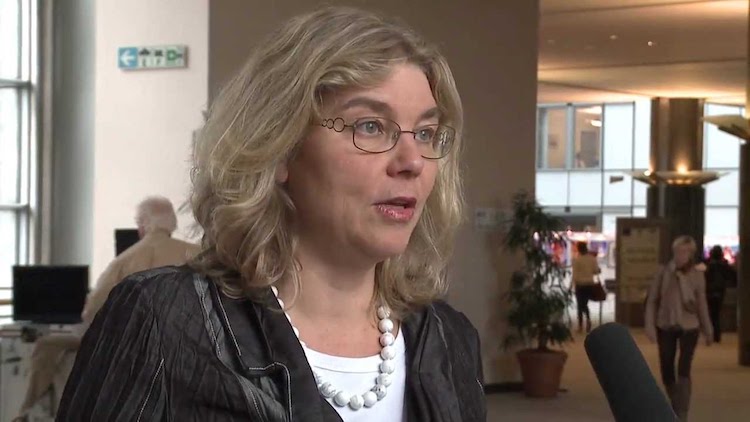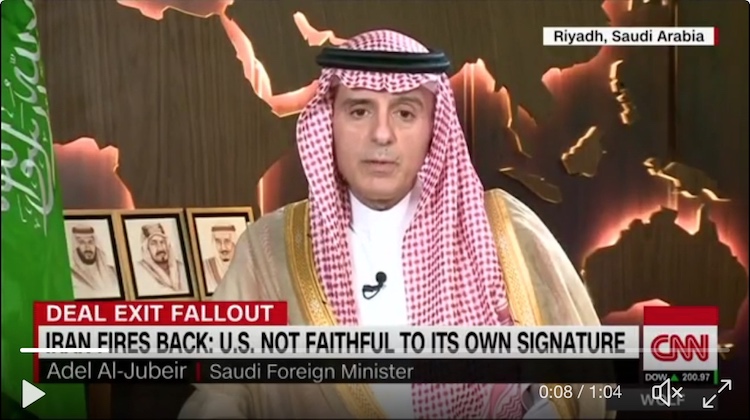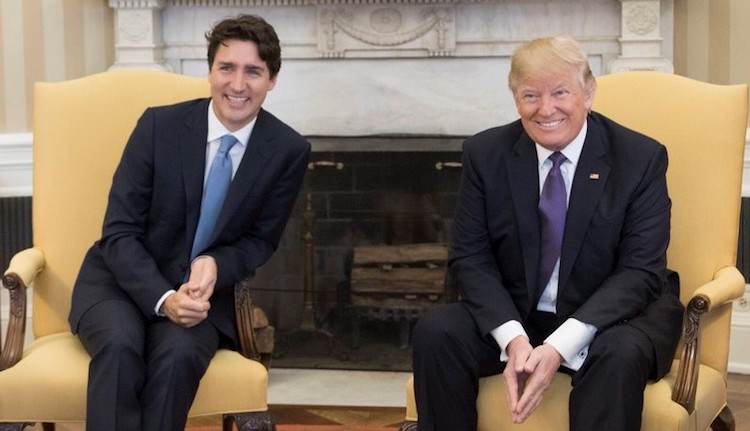By Kalinga Seneviratne SINGAPORE (IDN) – The frenzied moves over the weekend of May 26-27 by leaders of South Korea and North Korea to revive the on-again, off-again North Korea-US summit, and pictures flashed across the region of the two Korean leaders warmly hugging each other for the second time within a month, are rapidly […]
Uncertainty Abounds As Trump Cancels Summit With Kim
By Ramesh Jaura BERLIN | GENEVA (IDN) – May 24, 2018 smacks of a ‘historic day’ marked by a smokescreen of uncertainty and speculations in the aftermath of U.S. President Donald Trump calling off his summit meeting with Kim Jong-un, the leader of the Democratic People’s Republic of Korea (DPRK), commonly known as North Korea. […]
The ‘Libyan Model’ is Unhelpful: Korea needs its Own Process for Peace and Nuclear Disarmament
By Rebecca Johnson* SEOUL (IDN) – I’m now in Seoul, taking part in the peace actions and international meetings organised by Women Cross the DMZ, referring to the demilitarized zone between North and South Korea. News has been dominated by fears that the US National Security Advisor, John Bolton, may have jeopardised the hoped-for Singapore […]
Kazakhstan Promotes Sustainable Development Goals in Global Diplomacy and International Activities
By J Nastranis NEW YORK (IDN) – When Kazakhstan took over the presidency of the UN Security Council in January 2018, it set out with a seven-point agenda: a world free of nuclear weapons; preventing and ending military confrontations at regional and global levels; making Central Asia a model for a regional zone of peace, […]
Dutch White Paper on Development Cooperation Beacons a New Discourse of Hope
Viewpoint by Mirjam van Reisen Prof. Mirjam van Reisen, Ph.D. is member of the Dutch Council on International Affairs and author of Human Trafficking and Trauma in the Digital Era: The Ongoing Tragedy of the Trade in Refugees from Eritrea. She is Professor International Relations, Innovation and Care at Tilburg University and Professor Computing for […]
Thwart Saudi Threat To Acquire Nuclear Weapons
By Daryl G. Kimball and Thomas Countryman Following is the text of Statement from Daryl G. Kimball, Executive Director of the Arms Control Association and its Board of Directors Chairman and former U.S. Assistant Secretary of State for Nonproliferation,Thomas Countryman,– The Editor WASHINGTON, D.C. (IDN-INPS) – We are deeply disappointed by the counterproductive response from […]
The Bumpy Road to Non-Proliferation Treaty Review Process
By Sergio Duarte The writer is President of Pugwash Conferences on Science and World Affairs. NEW YORK (IDN) – On July 1, 2018 the Parties to the Treaty on the Non-Proliferation of Nuclear Weapons (NPT) will celebrate the fiftieth aniversary of its opening for signature. Although criticised as discriminatory for establishing different rights and obligations […]
Nuclear Weapon States’ Long Arm Seen Behind Deferral of Landmark UN Conference
By Alyn Ware The writer is Co-Chair, World Future Council Disarmament Commission. NEW YORK (IDN) – May 14, 2018 was supposed to see the opening at the United Nations of a three-day High-Level Conference on Nuclear Disarmament, scheduled to discuss “effective nuclear disarmament measures to achieve the total elimination of nuclear weapons, including, in particular, […]
Pugwash, UN and ICAN Warn of Ramifications of US Quitting Iran Nuclear Deal
By J Nastranis NEW YORK (IDN) – The announcement by President Donald Trump to abandon the Iran nuclear deal is “a costly mistake that can hold wide-ranging ramifications beyond its strictly nuclear parameters,” the 1995 Nobel Peace Prize winner Pugwash Conferences on Science and World Affairs have warned. The decision undoes many years of constructive […]
Canada Slams U.S. Decision to Quit Iran Nuclear Accord
By Suresh Jaura TORONTO (IDN) – In 2012, Canada abandoned diplomatic ties with Iran and closed its embassy in Tehran. Former Canadian minister of foreign affairs, John Baird, cited Iran’s support for the Assad regime during the Syrian Civil War and non-compliance with United Nations resolutions on its nuclear program, recalls Katie Dangerfield writing in […]

